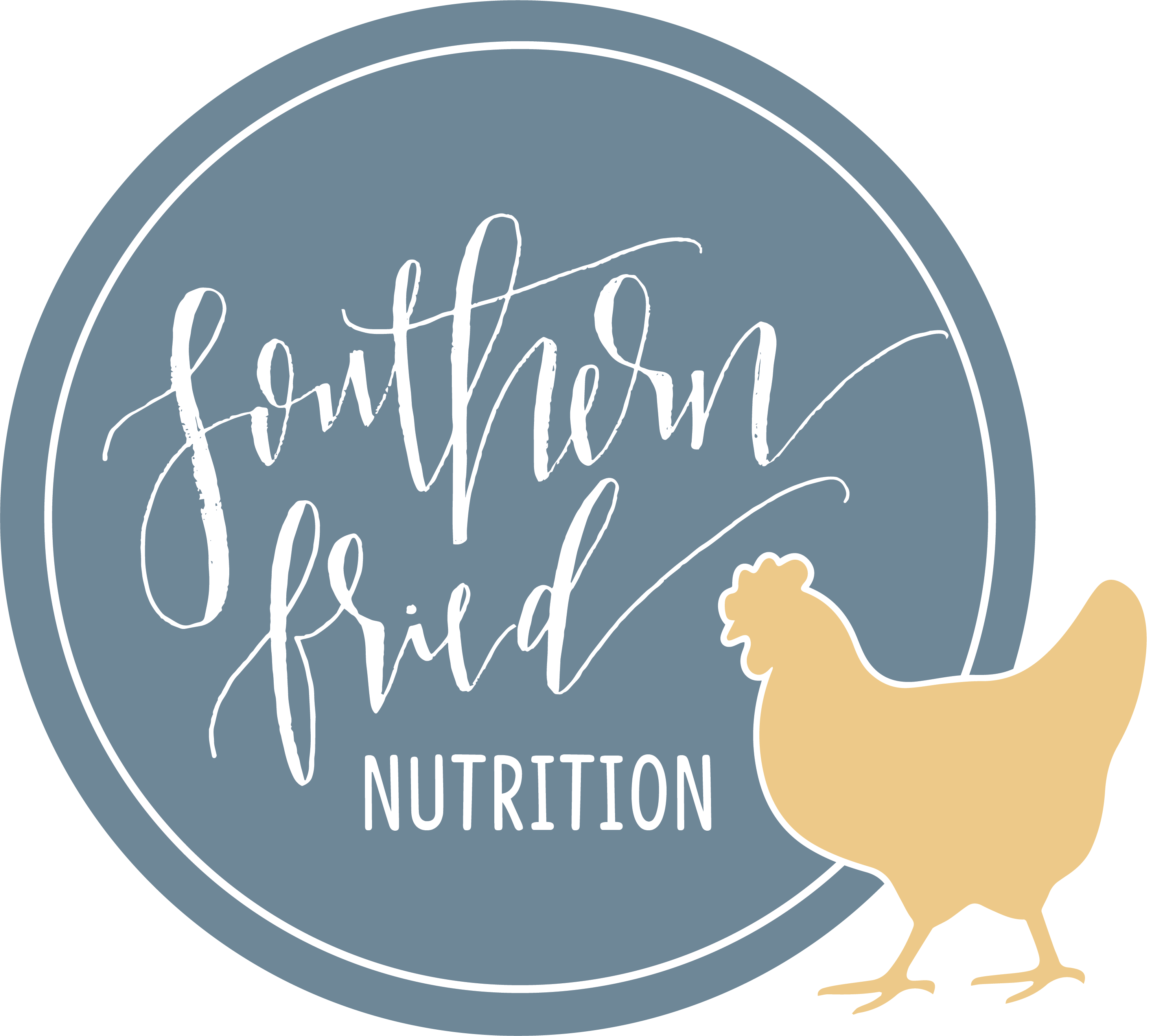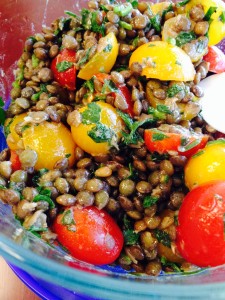Hi! It’s Food Allergy Friday again. Love the opportunity to share ideas and tips with you for managing food allergies safely. Today’s post has a fun play on words. No, I’m not suggesting you literally eat everything, of course. But I am going to make a case for eating just about everything you can safely eat.
Most people who have a food allergy learn quickly what foods they should restrict. Obviously, the offending allergen is off the menu. In addition, foods that may have come into contact with that allergen in processing, preparation or service should also be avoided. If a label says it “may contain” your allergen, you should avoid that food. Some foods are just plain highly suspect and it’s better to be safe than sorry. For instance, in general, I would recommend staying away from buffets, since the potential for cross-contact is so high. So what does that leave?
Everything else.
In particular, foods that don’t require a label. Especially fruits and vegetable! Next are foods with very limited ingredients on their labels — foods that are packaged, but made with primarily whole food ingredients. You will still need to carefully read any and all labels, every time, and avoid those foods to which you react (sulfites? oral allergy syndrome, anyone?), but focusing on fresh, whole foods and limiting packaged food items can go a long way in helping avoid accidental ingestion.
Know what else? It can help expand your intake of vitamins, minerals and fiber too! Just consider this small sampling of the nutrients provided. Fruits and vegetables have vitamin C, potassium, and powerful cancer-fighting phytonutrients. Plus, there are literally dozens and dozens of varieties to choose from, each with their own nutritious punch, so you’re sure to find some that you (or your kiddo with allergies) will like. Whole grains are fiber-full and sources of B vitamins; peanuts, tree nuts and seeds are great sources of plant-based protein, minerals and vitamin E; and eggs and meats provide quality protein and iron, plus other minerals your body needs.
The main thing is to avoid becoming overly restrictive and limiting eating to only a few favorite food items — unless you must. Be cautious, but experiment safely too. As a RDN, my goal is always to help my clients have the most liberal diet possible, within their specific nutritional needs. Variety helps provide all of the nutrients that a body needs for growth, health, and vitality. To help plan a balanced, healthful diet, see a RDN with experience in your area of need.
Note: When you’re experiencing active symptoms and in the midst of an elimination diet, this liberal diet philosophy doesn’t apply. However, once your allergens have been identified, this should be the goal.


